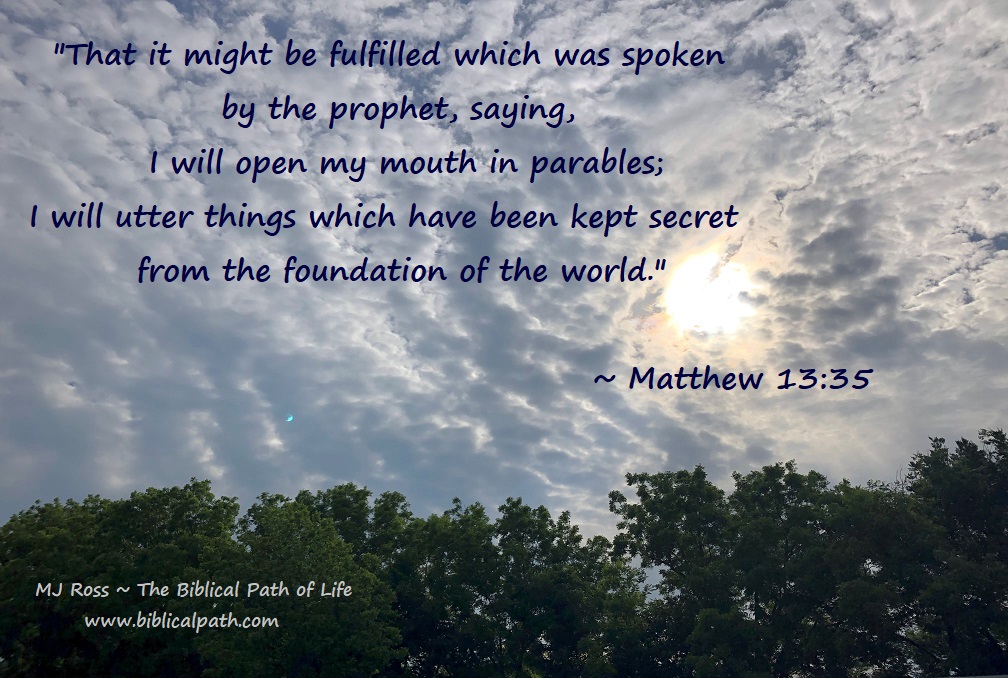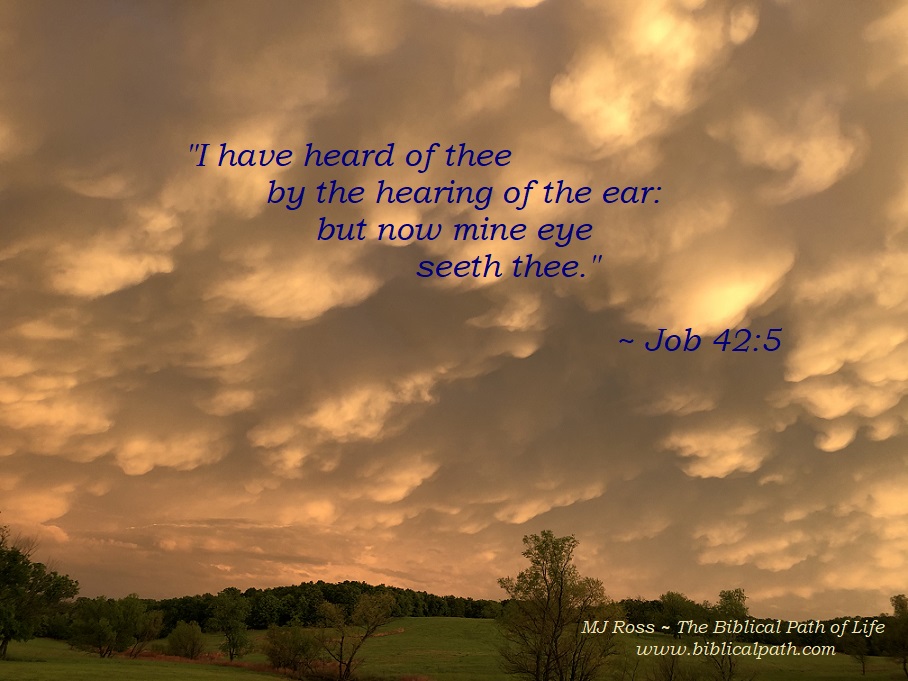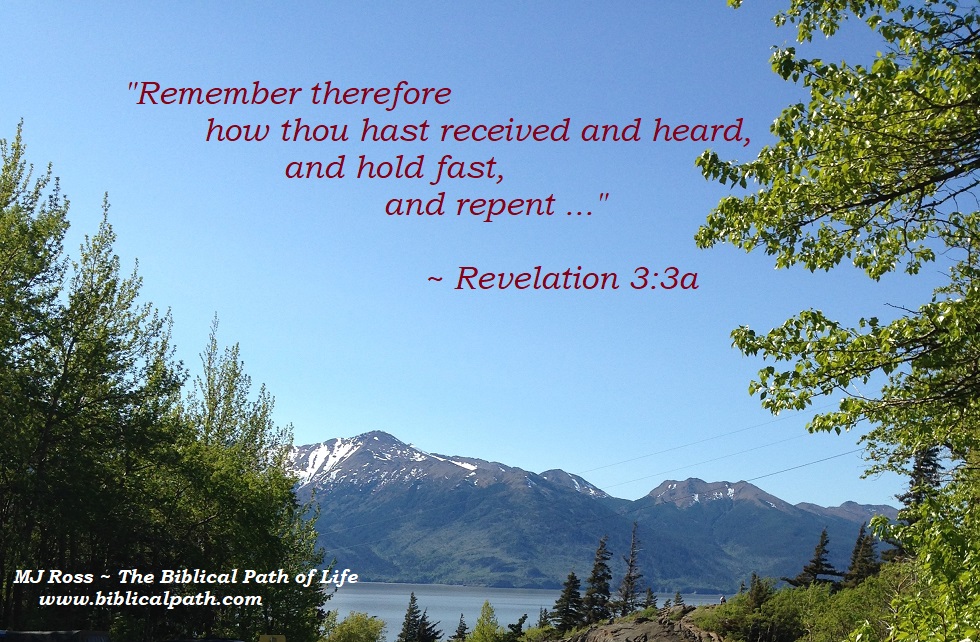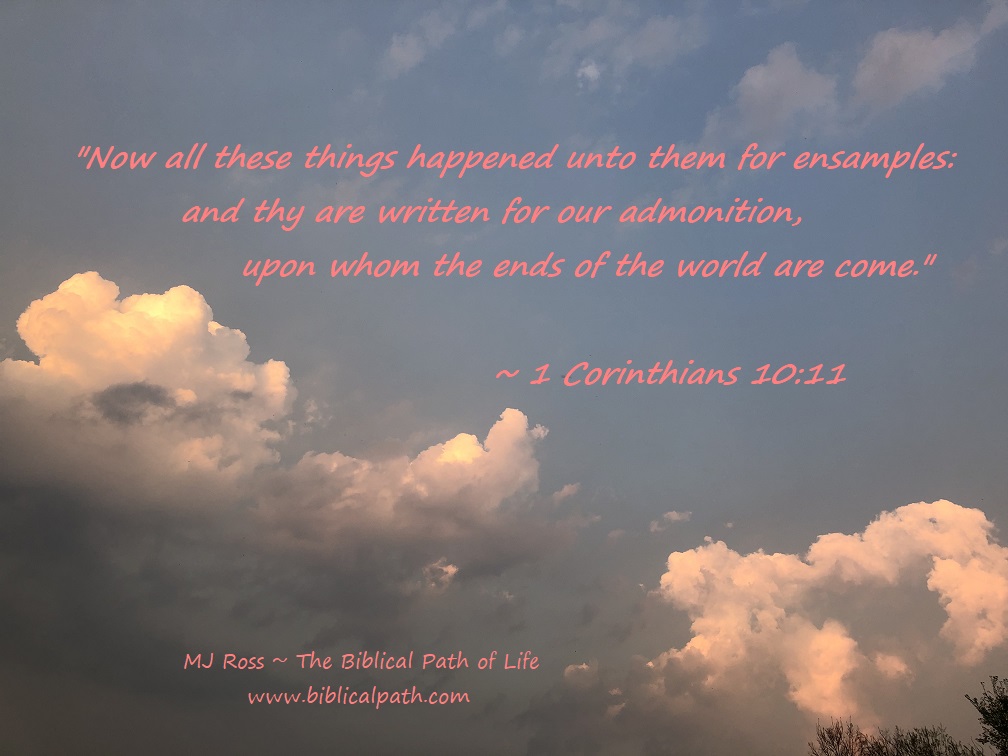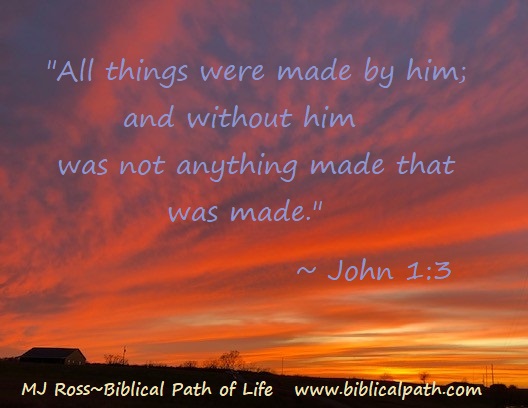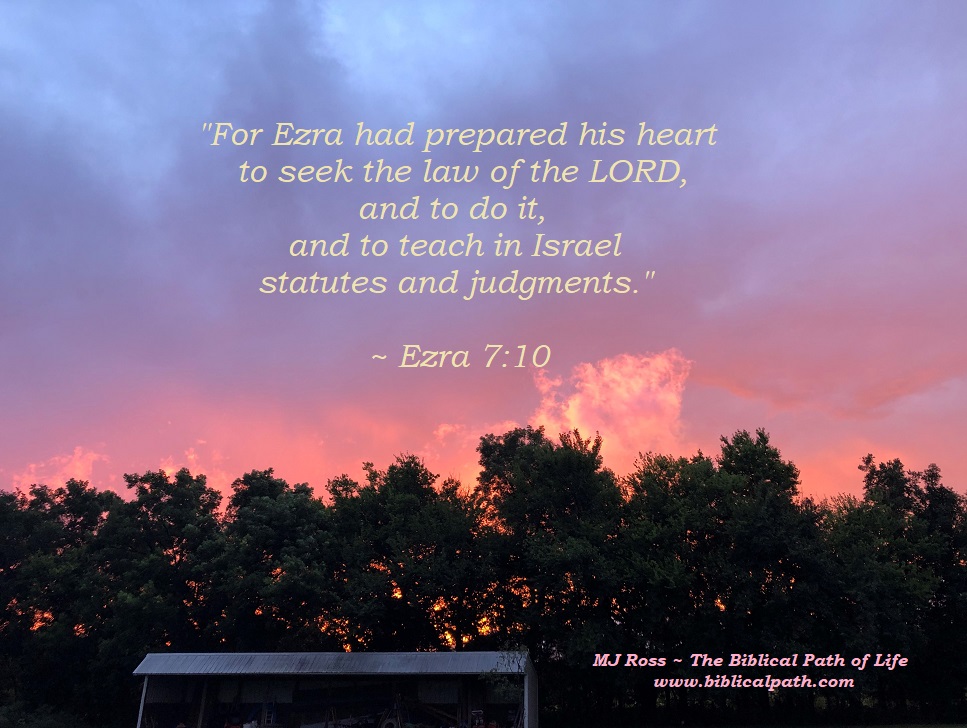
Ezra 7:10
Today, not many people take time to study the Old Testament Scriptures. They are old, you know! It is all in the past. Who needs to know what happened hundreds of years ago? However, there are so many examples of people in the Old Testament who reveal to us the importance of not only what those words say, but also understanding how to implement the principles found within to each Christian’s life.
Read what God told Joshua when He made Joshua the new leader of His people: “7. Only be thou strong and very courageous, that thou mayest observe to do according to all the law, which Moses my servant commanded thee: turn not from it to the right hand or to the left, that thou mayest prosper whithersoever thou goest. 8. This book of the law shall not depart out of thy mouth; but thou shalt meditate therein day and night, that thou mayest observe to do according to all that is written therein: for then thou shalt make thy way prosperous, and then thou shalt have good success” (Joshua 1:7-8). To meditate means “to ponder, to study; to speak and talk about.” We can read that there are several times Joshua not only read God’s Word, but he wrote it down, and even read it to God’s people. We can understand from this, that knowing God’s Word was very important to him. God told Joshua to be strong and very courageous. Sometimes it is hard to choose to do the right thing according to God’s Word. But God also told him to not turn from the right hand or to the left – encouraging Joshua to stay straight on in the Word of God. When Joshua did this, his way would be prosperous and he would have good success. When reading about Joshua’s life, he not only had a prosperous life but great success in accomplishing the things God had for him (remember he led God’s people into the Promised Land).
The urgency of Christians today should be to prepare our hearts to seek and know God’s Word. With that preparation of the heart comes a necessity to obey and live out God’s Word in our lives. Once we begin to accomplish this in our life, we become a light in this world revealing Jesus in our lives. It is then that it becomes much easier to tell others about Jesus. That is exactly what Ezra 7:10 tells us we should do: “For Ezra had prepared his heart to seek the law of the LORD, and to do it, and to teach in Israel statutes and judgments”
Philip, who had grown up learning the Law and the Prophets that make up the Old Testament, recognized Jesus when he met him. He immediately found Nathanael and told him that he had found the one the Old Testament said would come: Jesus. “Philip findeth Nathanael, and saith unto him, We have found him, of whom Moses in the law, and the prophets, did write, Jesus of Nazareth, the son of Joseph” (John 1:45).
Paul preached Jesus to the people from the Old Testament (the Law and Prophets). “And when they had appointed him a day, there came many to him into his lodging; to whom he expounded and testified the kingdom of God, persuading them concerning Jesus, both out of the law of Moses, and out of the prophets, from morning till evening” (Acts 28:23).
Can you see the importance of knowing and understanding the Old Testament? It is all about Jesus.
Read what the wisest man, King Solomon, wrote for us to read. “13. Let us hear the conclusion of the whole matter: Fear God, and keep his commandments: for this is the whole duty of man. 14. For God shall bring every work into judgment, with every secret thing, whether it be good, or whether it be evil” (Ecclesiastes 12:13-14).
Have you taken time to meditate upon (“ponder: study”) the Old Testament?
Do you understand it prepares our hearts to receive Jesus?


